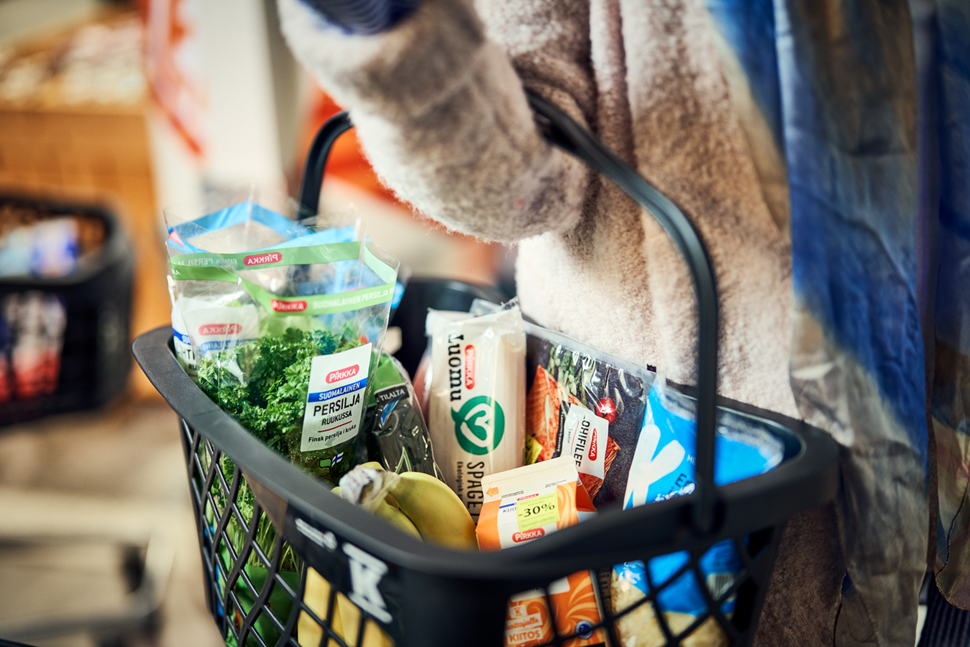
Noomi Järgerhorn (M.Soc.Sc.) has been appointed as Kesko’s Vice President of Sustainability. She will join the company on 1 May 2025, and assume her new position on 1 June 2025 at the latest.


K-food stores strive to ensure that food is not at risk of becoming food waste.
“However, if a product is given a red label, it will most likely end up in a customer’s shopping basket. According to our recent survey, 95% of our customers buy red label products often or sometimes, and only 5% say they never buy them. Many people’s shopping habits have changed in recent years, and more than a third say they now buy more red label products, which are at risk of becoming food waste. Last year, K-food stores sold nearly 50 million red label products. In terms of the number of items sold, the highest sales were recorded for bread, ready meals and meat,” says Timo Jäske, Sustainability Director for K Group’s grocery trade division.
According to the survey, the main reason for buying red label products is financial: 64% of the respondents want to save money on food costs. Around a quarter of the respondents say they are motivated by climate and environmental concerns – buying red label products is a way to reduce food waste.
In addition to familiar products, the majority (92%) also buy red label products that they would not necessarily try otherwise. Three out of four say that they may change their meal plans depending on what red label products are available.
Prevention is key: K Group aims to halve its food waste
The goal is to halve food waste by 2030 from the 2019 level. Waste is something we want to avoid, as it means that all the natural resources and labour used to prepare the food are also wasted. By the end of 2024, food waste in K-food stores decreased by 21% compared with the baseline.
“Although the popularity of red label products has helped us reduce waste, the most important work is done when products are ordered for the store. The aim of selection management, forecasting and demand planning is to ensure that the stores have the right amount of products that customers want at the right time. From a retailer’s point of view, forecasting has been successful when as few red label products as possible are available. The majority of K-food stores also work with local charities by donating expired but edible products to food aid,” says Jäske.
* K Group carried out the survey through K Group’s customer organisation K-Kylä from 8 to 12 January 2025. A total of 887 consumers across Finland responded to the survey.
 YES
YES
 NO
NO